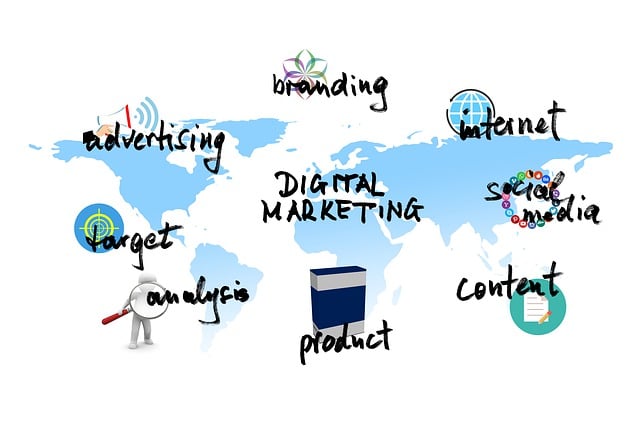AI zone-specific irrigation systems with analytics are transforming commercial landscaping by offering efficient, sustainable water management. These advanced systems analyze data on weather, soil moisture, and plant health to create precise irrigation schedules for different zones, minimizing water waste, pollution, noise, and fostering healthier plants. This technology is crucial for large urban properties seeking to reduce their environmental impact while maintaining lush landscapes.
In today’s digital era, AI-powered commercial landscaping is transforming urban spaces. However, this technological revolution brings challenges like increased noise and pollution. To address these issues, understanding the interplay between AI, zone-specific irrigation systems, and analytics is crucial for sustainable planning. This article explores how tailored irrigation approaches, enhanced by AI capabilities, can mitigate environmental impact while enhancing commercial landscape aesthetics. We delve into strategies for effective noise and pollution buffer planning, focusing on AI zone-specific irrigation systems with analytics as a game-changer solution.
- Understanding AI-Powered Commercial Landscaping and Its Impact
- The Role of Zone-Specific Irrigation Systems with Analytics
- Planning for Noise and Pollution Mitigation in Commercial Landscapes
Understanding AI-Powered Commercial Landscaping and Its Impact

The integration of Artificial Intelligence (AI) in commercial landscaping has paved the way for more efficient and sustainable practices, especially when it comes to water management. AI-powered zone-specific irrigation systems with analytics offer a precise approach to watering, ensuring every plant receives the optimal amount of water it needs. This technology goes beyond traditional methods by analyzing various factors like weather patterns, soil moisture levels, and plant health data to create customized irrigation schedules.
By employing these advanced systems, commercial landscapes can significantly reduce water wastage and pollution. The analytics component enables land managers to identify inefficiencies and make data-driven adjustments, contributing to a greener environment. This technology is particularly beneficial for large-scale properties, helping to mitigate the environmental impact of excessive water use typically associated with traditional landscaping practices.
The Role of Zone-Specific Irrigation Systems with Analytics

In the realm of commercial landscaping, managing water usage and minimizing environmental impact are paramount. This is where AI zone-specific irrigation systems with analytics come into play as a game-changer. By employing advanced algorithms and data insights, these systems optimize watering patterns tailored to specific plant types, soil conditions, and weather variations within different zones of a landscape. This precision approach ensures water isn’t wasted on areas that don’t require it, thereby reducing both noise pollution from equipment and the environmental footprint associated with excessive water consumption.
The integration of AI analytics allows for real-time monitoring and adjustments, ensuring landscapes receive the optimal amount of hydration. This not only conserves resources but also fosters a healthier, more vibrant tapestry of plants. Moreover, zone-specific irrigation systems enhance overall landscape aesthetics by promoting balanced growth and reducing the risk of overwatering or underwatering, which can lead to plant stress and health issues.
Planning for Noise and Pollution Mitigation in Commercial Landscapes

In the context of commercial landscaping, noise and pollution have become significant considerations, especially as urban areas continue to grow and develop. Planning for effective mitigation strategies is crucial to creating sustainable and harmonious environments. AI-driven solutions offer a promising approach to addressing these challenges. By implementing zone-specific irrigation systems with analytics, it becomes possible to optimize water usage and reduce the environmental impact of commercial spaces.
These intelligent systems can analyze various factors, including weather patterns, plant types, and soil conditions, to deliver precise amounts of water directly where needed. This not only conserves resources but also minimizes noise pollution associated with traditional irrigation methods. Additionally, the use of analytics allows for real-time monitoring and adjustments, ensuring optimal plant health and contributing to a cleaner, quieter urban landscape.
AI-driven commercial landscaping offers immense potential for sustainable and efficient operations. By integrating zone-specific irrigation systems with analytics, we can optimize water usage and reduce environmental impact. Planning for noise and pollution mitigation is an integral part of this process, ensuring that commercial landscapes not only look vibrant but also function harmoniously with their surroundings. Embracing these innovations allows us to create beautiful, eco-conscious spaces that enhance our urban environments.
